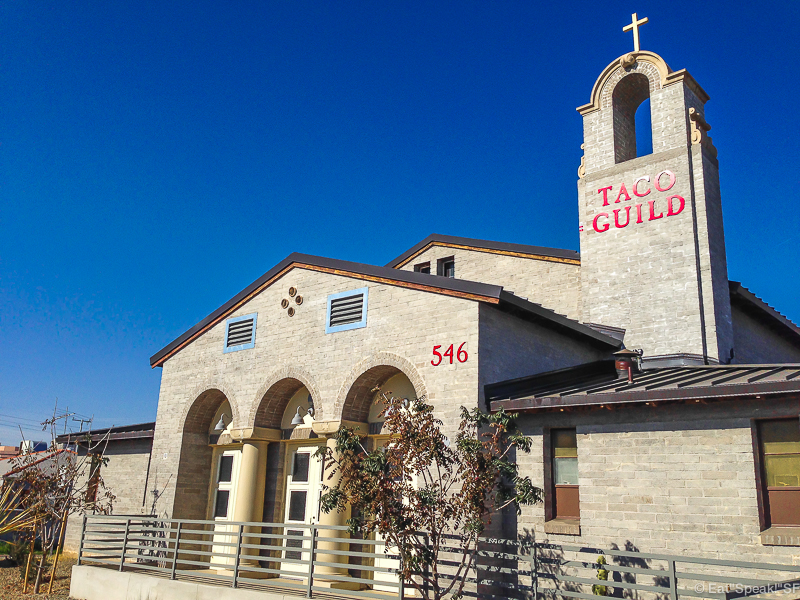
Commentary
By Joyce Coronel
I’ve been a religion writer for the better part of my career. That explains why, when I began writing for Wrangler News back in January 2015, I was naturally drawn to telling stories of faith.
You may have seen some of those articles that portrayed local congregations feeding the homeless, caring for orphans and celebrating their rich heritage.
We’ve had stories about pastors, moms’ groups, vacation bible schools and more.
When I started out in journalism, newspapers usually had what were known as religion sections. That morphed into spirituality sections. Then, gradually, even those faded away. And yet, the congregations remain. What about their stories?
About the only time you read about churches these days is when a controversy arises or tragedy strikes. Other coverage tends to be lackluster, and you get the feeling the reporter’s heart just isn’t in it.
Wrangler News hopes to change all that.
The issue that you hold in your hands unveils “Our Faith, Our Neighbors,” a new monthly special section. We realize that churches are typically a source of good in their communities, and stories about their people, programs, ministries and milestones are important.
One volunteer at a church in our area admitted to me that her church is “dying.” They’ve been going through a transition period and it hasn’t been easy. They’re not alone.
A Pew Research study from 2012 revealed that, for the first time ever, one in five adults in the U.S. have no religious affiliation at all. These so-called “nones” are growing fast. Among those under 30, that percentage rises to 33 percent.
Churches can no longer afford to take a “wait and see” approach, hoping prospective members will wander in off the streets. They have to go out in search of the lost sheep—otherwise they face the very real prospect of closure. (If you want proof, you could visit a Mexican food restaurant in central Phoenix that was once a vibrant church. Order your margarita near the front of the historic stone structure where the preacher used to stand.)
A few months ago, I interviewed a woman who had been away from church for many years. One afternoon, as she sat at home alone, she wondered:
Why do I feel so empty inside? After some soul-searching, she decided it might be a good idea to return to church. When she did, she heard an announcement that volunteers were needed to visit prisoners.
With a brother and nephew behind bars, she figured it was something she could do. “After all, it could just as easily have been me in jail. I used to do drugs,” she told me with tears in her eyes. These days, she’s active in her congregation and visits a women’s prison weekly.
Her life is focused on serving others and in the process, she’s found meaning and purpose and yes, even happiness.
So what about your church? Is it doing something positive in the community, building hope, encouraging people and sharing mercy?
Check out the our new section to learn more about congregations and pastors who are doing just that, then drop us a line and let us know what your church is up to and if it might like to help sponsor these pages.
We look forward to hearing from you! Email us via editor @wn.calicoeng.com.


What a great idea! Looking forward to reading more Joyce!